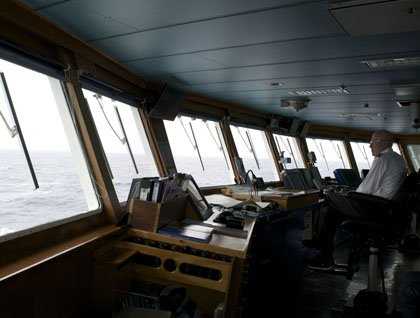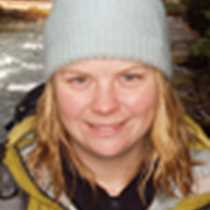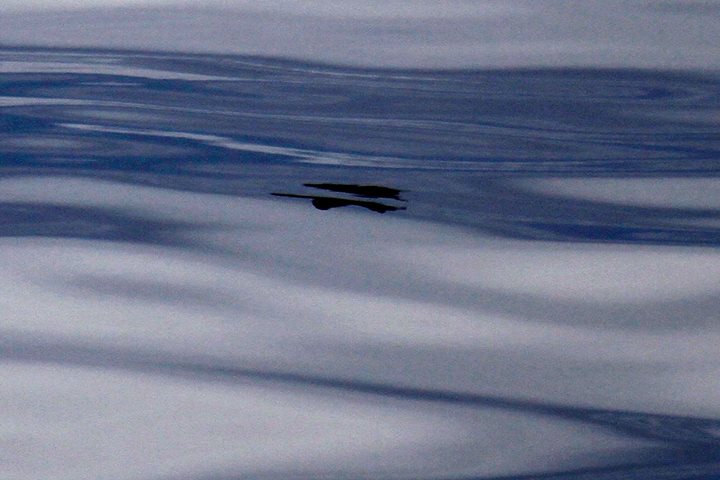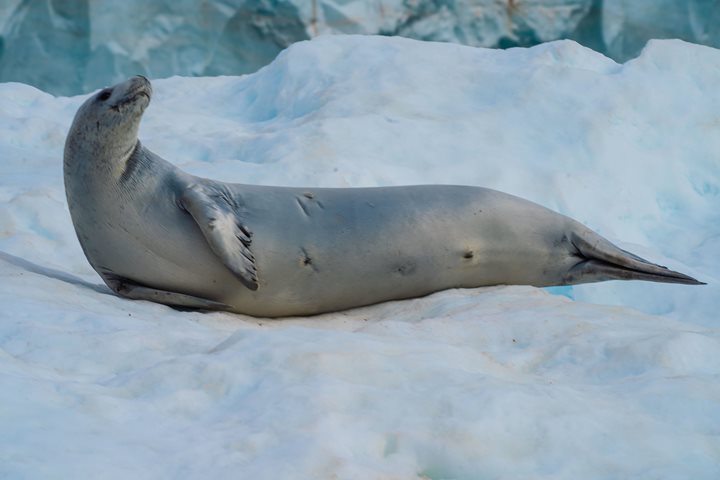Today was a day of transition for us aboard National Geographic Explorer. Late last night we said goodbye to Antarctica and the protection peninsula provided. We entered the open waters of the Drake Passage, setting out for the southern tip of South America. The views outside quickly changed from glacier-dominate mountains and ice-filled waters to 360 degree views of open, rolling seas. After days filled with hiking and Zodiac excursions, awe-inspiring scenery, and the fear of missing any of the splendor of Antarctica, today provided many of us with time to rest, reflect, and prepare for our transition away from ship-life and back to home-life.
Although the westerlies were strong and created long, rolling waves that rocked the ship, we were well prepared by and cared for by the officers and crew of the ship. Cabins and public areas were secured and set-up to accommodate us in rough seas. Crew members adeptly served meals, seemingly unaffected by the rocking of the ship. While we adjusted to the walking challenges, the officers expertly navigated the ship and continued to point out seabirds, whales, and other marine life. The patient and steady wildlife watchers were rewarded with views of several species of albatrosses, including the wandering albatross, petrels, prions, and even small groups of fin whales. For most, the rocking of the ship lulled us to sleep for midday naps.
As we crossed the Antarctic Convergence, the signature fog became a physical representation of our transition. Several days ago, when we passed the Antarctic Convergence on our southbound trip, we were bound for a place many of us had never been to, but had dreamed of for years. Our crossing today was more subdued for we knew it represented the closure of our time on the white continent. Many lamented turning in the boots they were hesitant to don, but grew to accustom to during our landings at penguin colonies around the peninsula.
The waves of the Drake Passage will rock us to sleep tonight, just as they have done for Antarctic explorers for more than a century.







